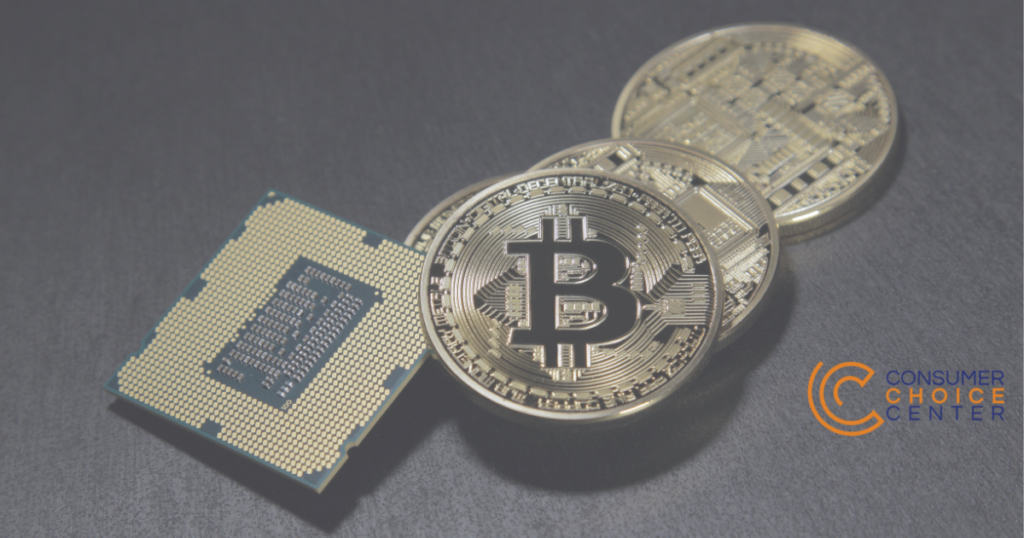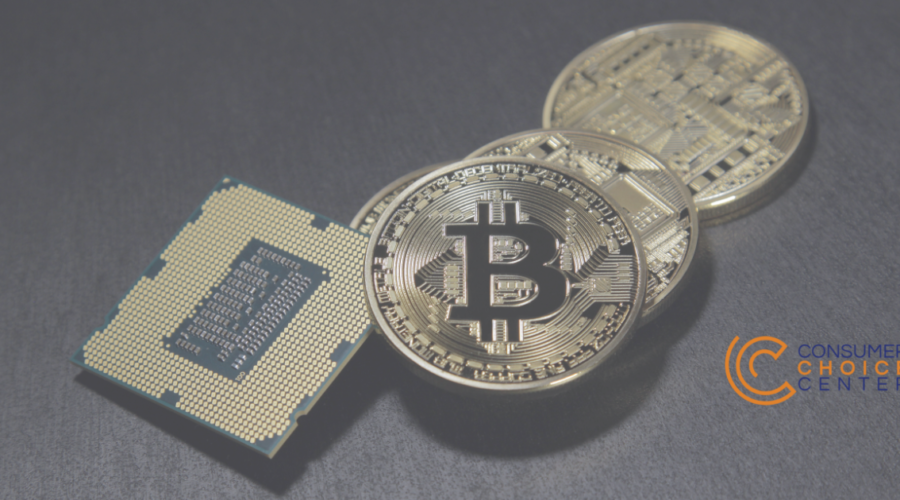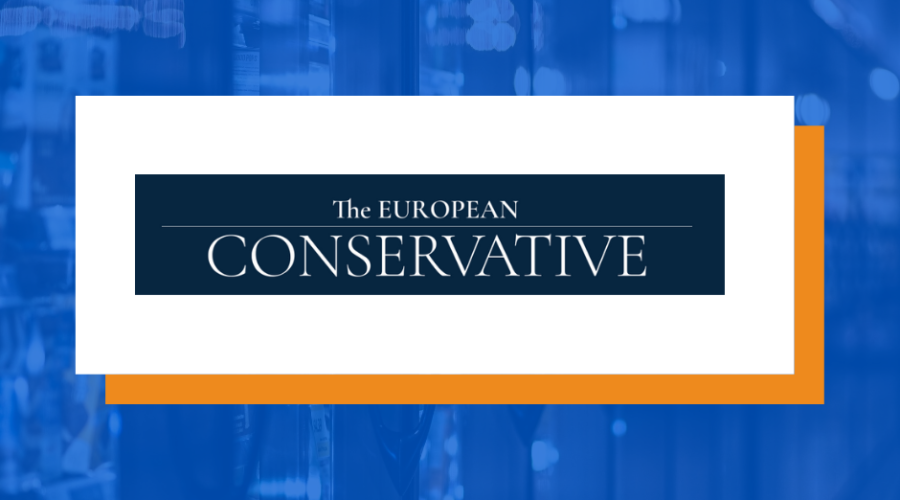EU Parliament Risks ‘Forever Stalling’ Digital Innovation If It Accepts Environmental Scrutiny on Proof-of-Work Mining, Bitcoin, and the Crypto Economy

BRUSSELS, BE – The European Parliament’s Committee on Economic and Monetary Affairs will vote today on a comprehensive regulatory proposal called MiCA (Market in Crypto-Assets). This proposal has been in the works for months, however, last-minute several amendments have been added to the proposal, which if accepted could effectively ban Bitcoin and cryptocurrency mining in the European Union, pushing thousands of innovators out of Europe.
“By effectively prohibiting the issuance or offering for exchange of crypto-assets that rely on proof-of-work protocols under environmental, social, and governance guidelines, the European Union would make a disastrous move that would obliterate not just the nascent crypto industry but also hurt consumers and once again cede technological leadership in innovation to the United States,” said Aleksandar Kokotović, crypto fellow at Consumer Choice Center, a global consumer advocacy group.
“If these amendments are adopted, EU regulators will strike a devastating blow to the crypto industry in member states. Not only will Bitcoin mining face immediate scrutiny, but the entire Defi space based on Ethereum, the rising NFT industry, and hundreds of companies will be forced to close, move or ban EU citizens from using their services. By not letting individuals and companies choose technologies they prefer, EU regulators are going against the principles of technological neutrality and are setting a very dangerous and harmful precedent.
“If the EU wants to completely stifle innovation and financial sovereignty of its citizens, this is the way to go. If it wants to lose millions of jobs, talent, and value that come with innovation, then this is a good plan for that. Otherwise, these amendments must not pass,” said Kokotović.
Yaël Ossowski, deputy director of the Consumer Choice Center, said such a vote risks “forever stalling” digital innovation in the bloc on flawed environmental goals, especially in light of the war in Ukraine.
“The Russian war in Ukraine has demonstrated that Europe has been too comfortable in using lofty environmental goals and ideology to mollify its energy policy and risk its security. By using similar environmental metrics based on ESG to halt innovation for Bitcoin and cryptocurrency mining, the European Union risks forever stalling digital innovation and pushing billions in assets and entrepreneurship off the continent,” said Ossowski.
“Pushing the cryptocurrency industry outside of the EU will encourage citizens to circumvent the law and use more loosely regulated platforms and services, all the while depriving Europeans of their consumer choice.
“Bitcoin and other proof-of-work cryptocurrencies represent a revolution in digital money, especially because proof-of-work is a uniquely strong and fair way to settle the creation of digital property when compared to our fiat money system. The incentives to seek cleaner and greener energy exist because of Bitcoin and cryptocurrencies, not in spite of them,” added Ossowski.
“We hope EU parliamentarians recognize the significant folly they’re due to introduce if they deny the voices of consumers and vote for amendments ALT A and ALT G to the Markets in Crypto Assets Proposal that would effectively kneecap proof-of-work currencies in the EU,” said Ossowski.
—
The CCC represents consumers in over 100 countries across the globe. We closely monitor regulatory trends in Washington, Ottawa, Brussels, Geneva, and other hotspots of regulation and inform and activate consumers to fight for #ConsumerChoice. Learn more at consumerchoicecenter.org.










